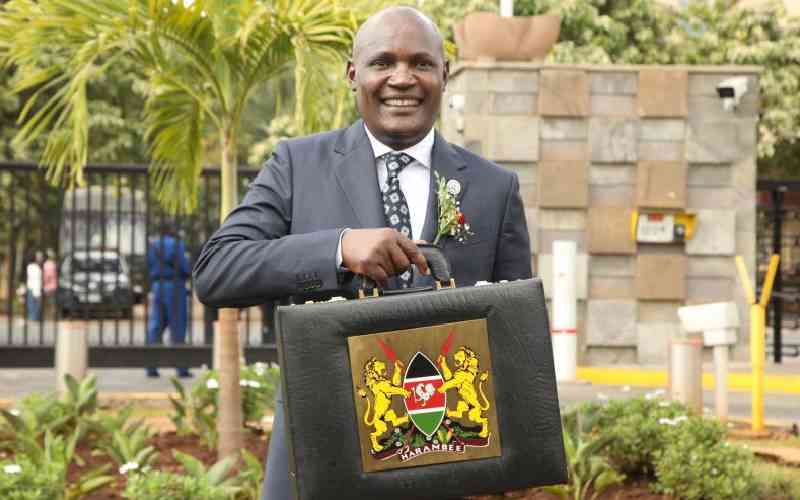×
The Standard e-Paper
Stay Informed, Even Offline
In most African setups, dowry negotiation is often left to close relatives like uncles and aunties who are always left to do the bidding.
But as the uncles and aunties become increasingly unreliable, things are changing fast especially in urban and peri-urban areas where men are making quick money for being chief negotiators. The changing dynamics have seen the emergence of professional dowry negotiators.







